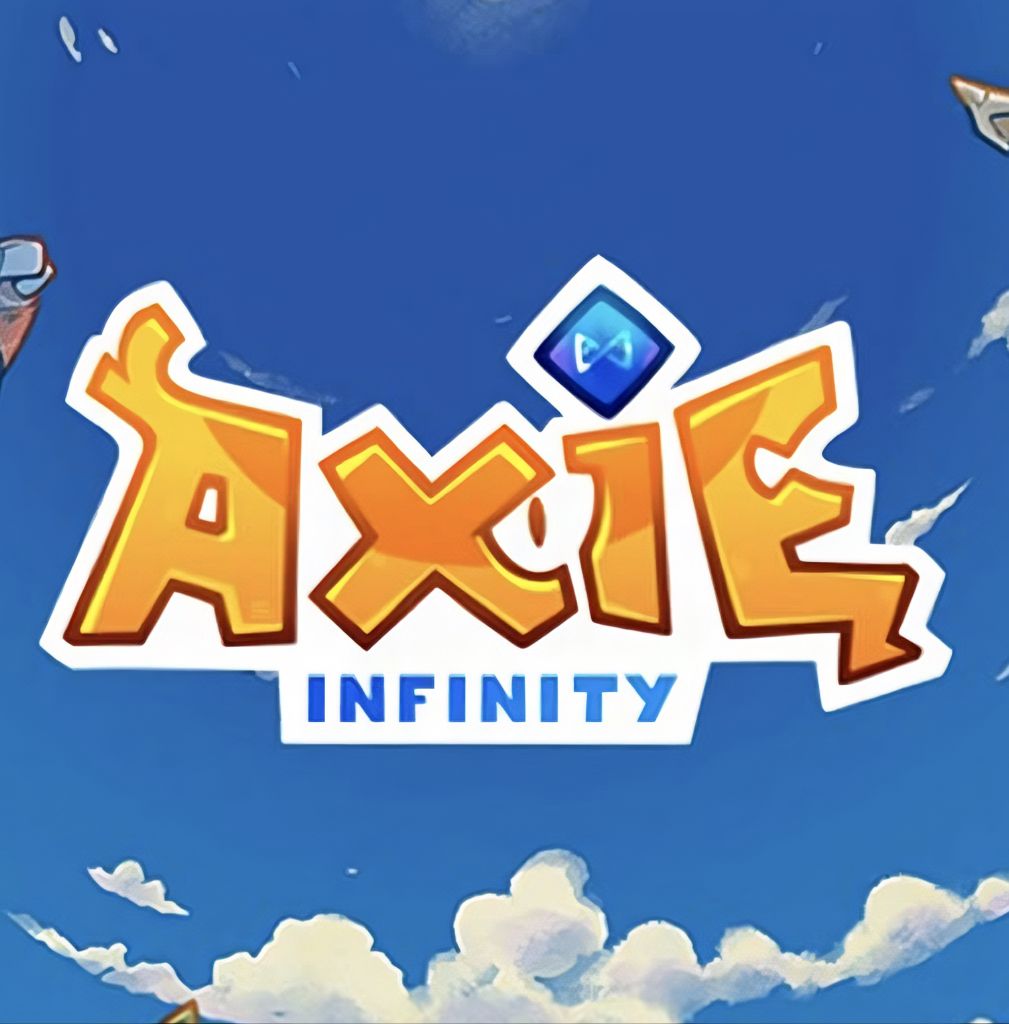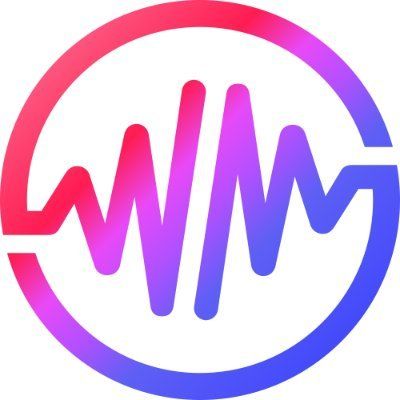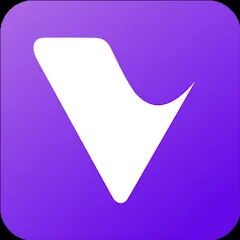Beamable Inc., the company behind a decentralized gaming infrastructure, has just secured $13.5 million in a Series A funding round led by BITKRAFT Ventures. This fresh funding is set to fuel the expansion of the Beamable Network, a Decentralized Physical Infrastructure Network (DePIN) designed to supercharge backend services for online games.
Joining BITKRAFT in this round are Arca, Advancit Capital, 2Punks, P2 Ventures, Solana Foundation, Scytale Digital, defy.vc, GrandBanks Capital, and Permit Ventures. The investment marks a major shift in gaming infrastructure, moving away from centralized cloud services owned by tech giants and into a community-powered alternative.
Beamable's Vision: Breaking Free from Hyperscalers
Beamable's approach is all about decentralization. Instead of relying on cloud providers like Amazon Web Services (AWS) or Google Cloud, Beamable aims to create a community-driven backend infrastructure.
The Beamable Network will decentralize computing power, storage, and bandwidth, making game production more scalable and cost-effective. The firm plans to introduce blockchain-based incentives in order to reward those who contribute resources.
"BITKRAFT has been a leader in identifying transformative opportunities at the intersection of gaming and Web3, and this funding validates the enormous potential of the Beamable Network to revolutionize video game infrastructure," said Jon Radoff, CEO and Co-Founder of Beamable.
A Top-10 DePIN Project at Launch
Beamable isn't starting from scratch. It already has millions of users and has processed billions of API calls, meaning there's a built-in demand for its infrastructure. Thanks to this, the Beamable Network is set to rank among the top 10 DePIN projects by revenue at launch.
Carlos Pereira, General Partner at BITKRAFT Ventures, sees massive potential in this approach.
"We believe Beamable is uniquely positioned to set a new standard for decentralized infrastructure in gaming. Its proven technology and built-in demand, combined with the disruptive potential of DePIN, represents an unparalleled opportunity to enable game developers – across web2 and web3 – to build, grow, and thrive at scale."
Beamable Foundation: Open-Sourcing Game Infrastructure
A key part of this effort is the Beamable Foundation, a newly formed independent entity that will oversee the open sourcing of Beamable's infrastructure. This means developers will no longer be locked into a single provider—instead, they'll be able to change and customize backend services as needed.
Beyond that, third-party builders will get to launch custom software modules on the Beamable Network and earn royalties or license fees for their contributions.
This open-source and tokenized approach is a game-changer for developers, offering greater flexibility.
How Beamable Plans to Disrupt the Gaming Space
The funding comes at a crucial time, as more developers seek alternatives to centralized backend services. The Beamable Network is compatible with major game engines like Unity and Unreal Engine, making it accessible for a wide range of game creators across PC, console, and mobile.
By decentralizing infrastructure, Beamable is not only reducing costs but also ensuring that game builders are no longer at the mercy of hyperscalers.
"There was a clear realization that even the biggest companies could shut these things down and you might be left with a dependency that means you can't keep operating your game," Radoff explained.
The Role of Blockchain: DePIN and Tokenized Incentives
One of the biggest aspects of the Beamable Network is how it uses blockchain tech. The team plans to add tokenized incentives, where those providing computing power and storage to the network get rewarded with blockchain tokens.
This DePIN model works like how Bitcoin miners contribute computing power and get rewarded with BTC. In this case, however, it's game servers instead of cryptographic puzzles.
"You have to solve for that whole scalability process on the backend. And a way to do that around open-source technology is to build a network where that software runs automatically and easily and everybody gets paid. That's where this new market of decentralized physical infrastructure networks, or DePIN, comes in," Radoff explained.
In short, what this means for developers is that they'll get to enjoy:
- Lower Costs – Builders won't have to pay high fees to cloud service providers.
- Greater Control – By open-sourcing the backend, Beamable ensures developers aren't locked into one provider.
- Scalability – The decentralized network grows dynamically as more games join.
- New Revenue Models – Builders can contribute infrastructure components and earn rewards.
The Future of Beamable
Beamable's journey started when Jon Radoff switched from game development—having previously worked on Star Trek: Timelines and Game of Thrones: Ascent—to solving a key challenge in the industry: backend infrastructure.
Now, with the Beamable Network and its open-source, blockchain-powered backend, the firm is set to change the way games operate.
By shifting game infrastructure from big tech-controlled hyperscalers to a decentralized ecosystem, Beamable is paving the way for a more sustainable future for gaming.
And with $13.5 million in new funding, that future seems to be closer than ever.


















